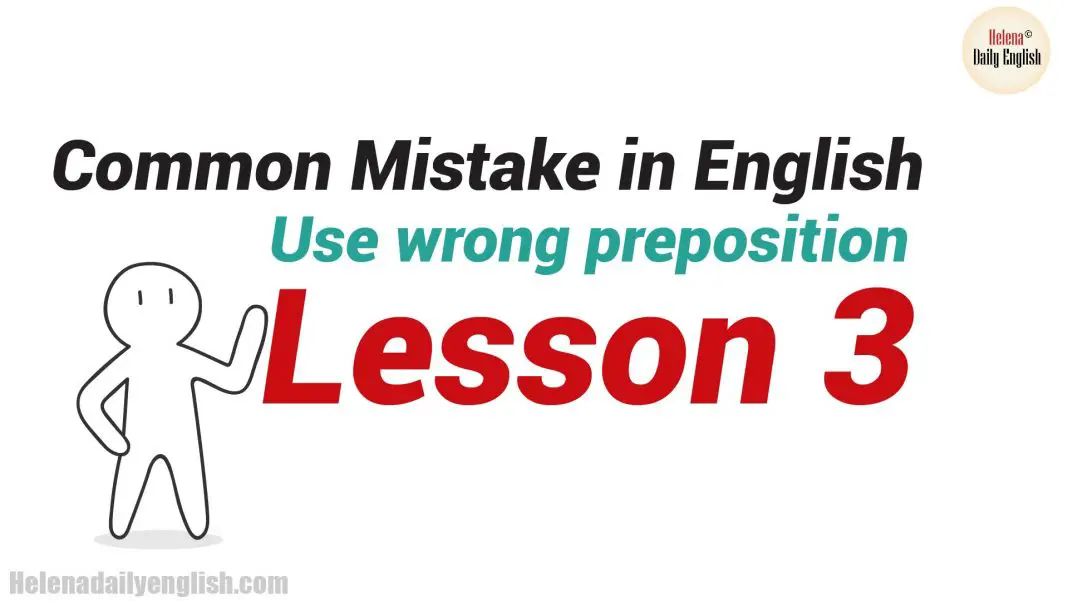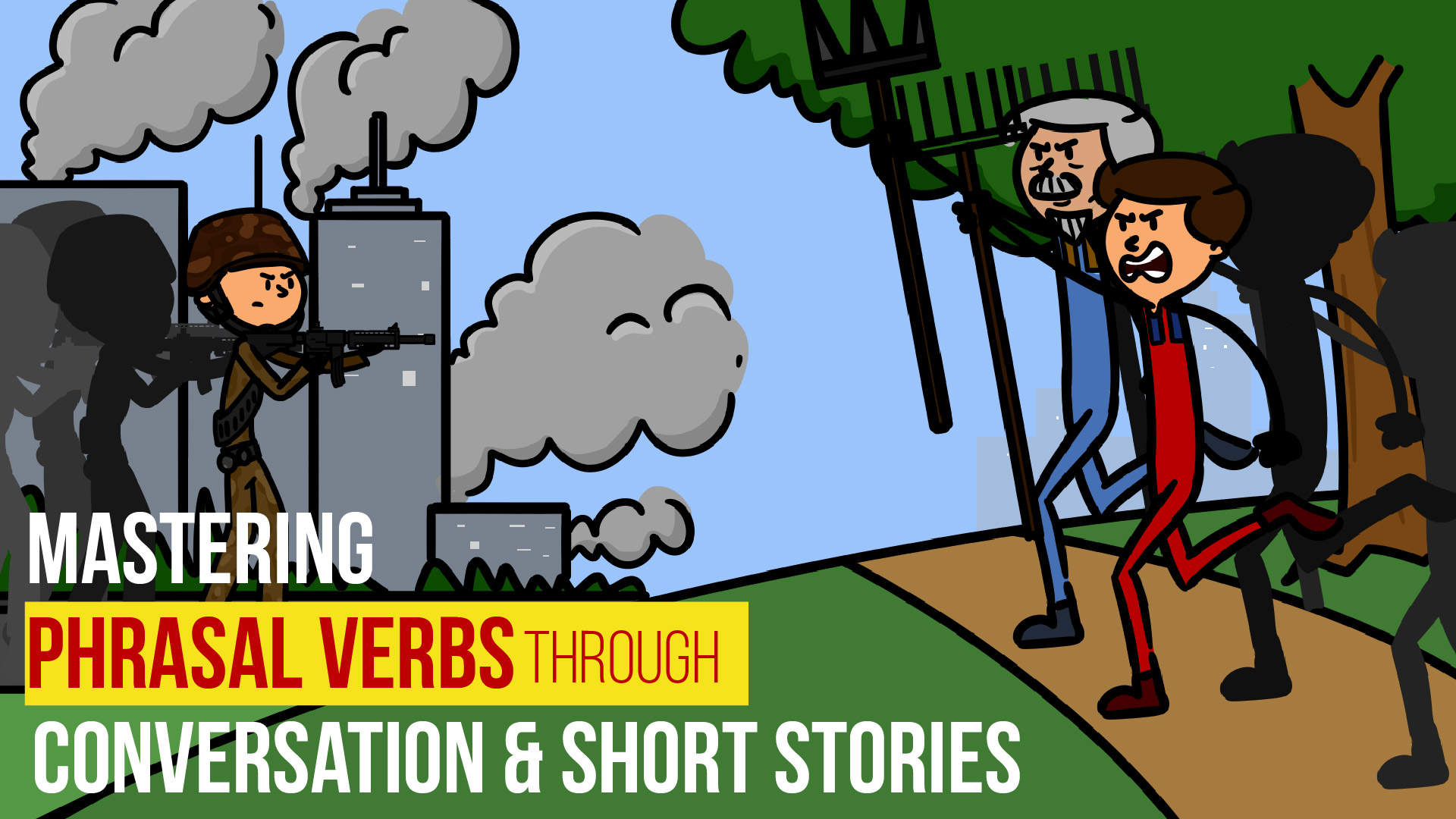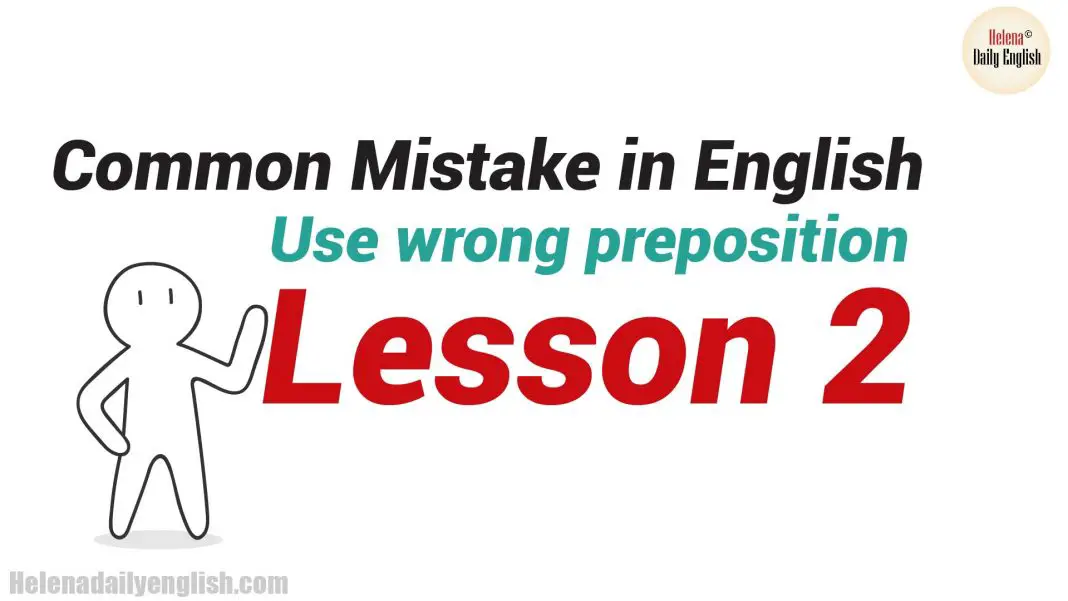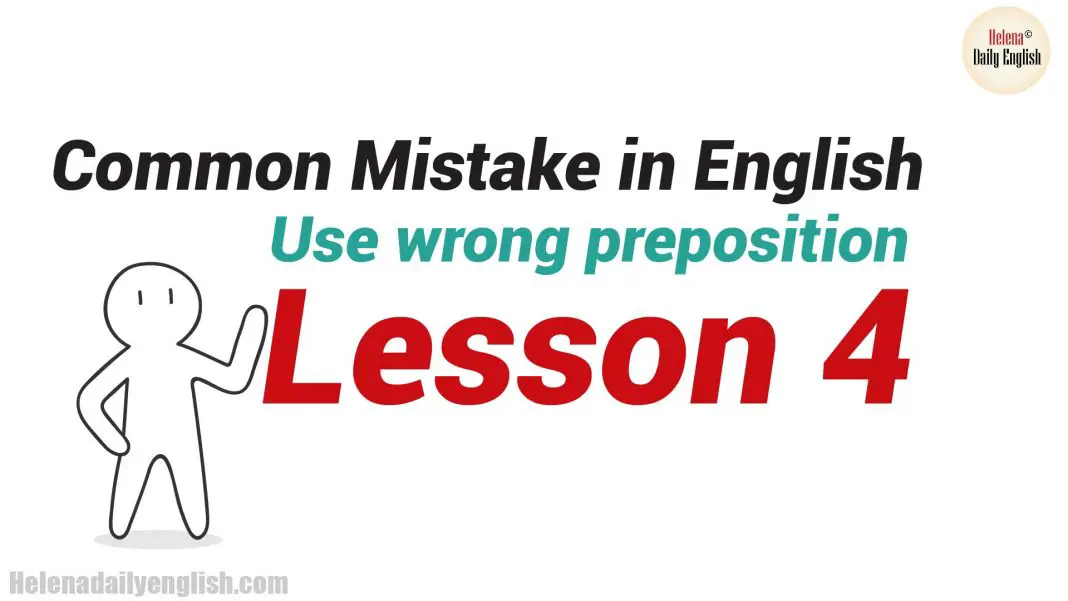Common Mistake in English and How to Avoid them.
Mistakes are often made by using the wrong preposition after certain words. The following list includes the words which most often give trouble:
We believe that you can speak English Correctly after avoiding these mistakes.
1. Cure of, not from.
- Don’t say: The man was cured from his illness.
- Say: The man was cured of his illness.
Note: The noun cure takes for: There no cure for that disease.
2. Depend on or upon, not from.
- Don’t say: It depends from her.
- Say: It depends on (or upon) her.
Note: Rely on or upon I can’t rely on (or upon) him.
3. Deprive of, not from.
- Don’t say: Nelson Mandela was deprived from his freedom.
- Say: Nelson Mandela was deprived of his freedom.
4. Die of an illness, not from an illness.
- Don’t say: Many people have died from malaria
- Say: Many people have died of malaria.
Note: People die of illness, of hunger, of thirst, of or from wounds; from overwork; by violence, by the sword, by pestilence; in battle; for their country, for a cause, through neglect; on the scaffold; at the stake.
5. Different from, not than.
Don’t say: My book is different than yours.
Say: My book is different from yours.
6. Disappointed by, about or at, not from.
(a) by/at/about:
Don’t say: Phillipa was disappointed from the low mark she got in the test.
Say: Phillipa was disappointed by/about/at the low mark she got in the test.
(b) with/in:
Don’t say: Jane was disappointed from her son.
Say: Jane was disappointed with/in her son.
Note: Before a person we use with or in, before a thing we use at, about or by and before a gerund we use at: Keith is very disappointed at not winning the prize. We use that (optional before a new clause)’ / was disappointed (that) I didn’t get an invitation.
7. Divide into parts, not in parts.
Don’t say: I divided the cake in four parts.
Say: I divided the cake into four parts.
Note: A thing may be divided in half or in two Paul divided the app/e in half (or in two).
8. No doubt (n) of or about, not for.
Don’t say: I’ve no doubt for his ability.
Say: I’ve no doubt of (or about) his ability.
Note: Doubtful of: I am doubtful of his ability to pass.
9. Dressed in, not with.
Don’t say: The woman was dressed with black.
Say: The woman was dressed in black.
Note: The woman was in black is also correct
10. Exception to, not of.
Don’t say; This is an exception of the rule.
Say: This is an exception to the rule.
Note: We say with the exception of: She liked all her subjects with the exception of physics





